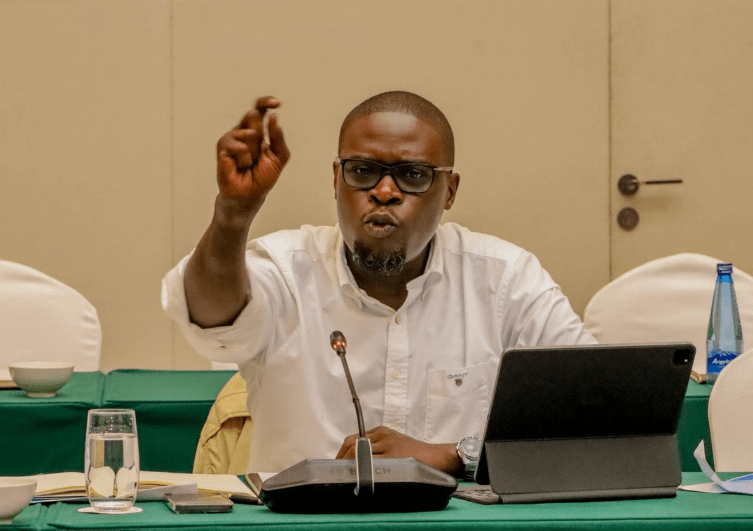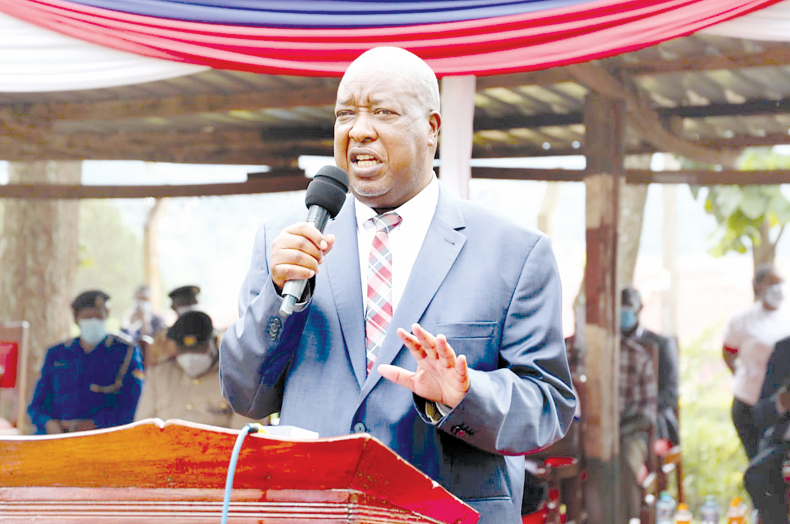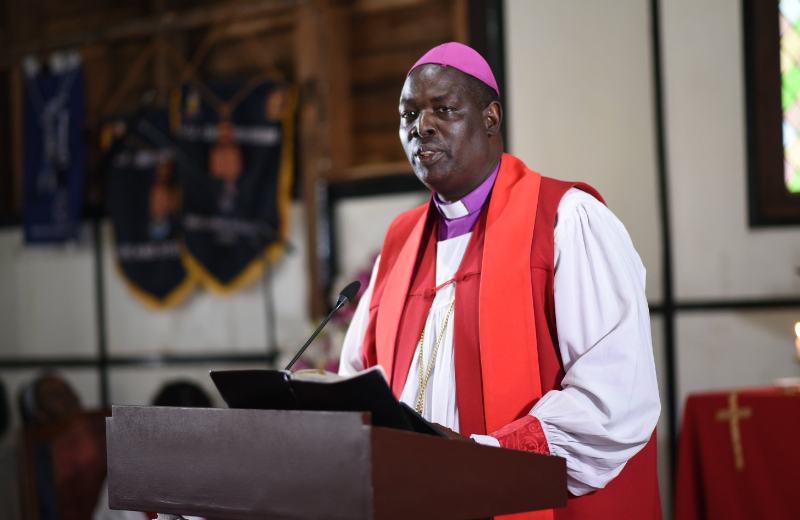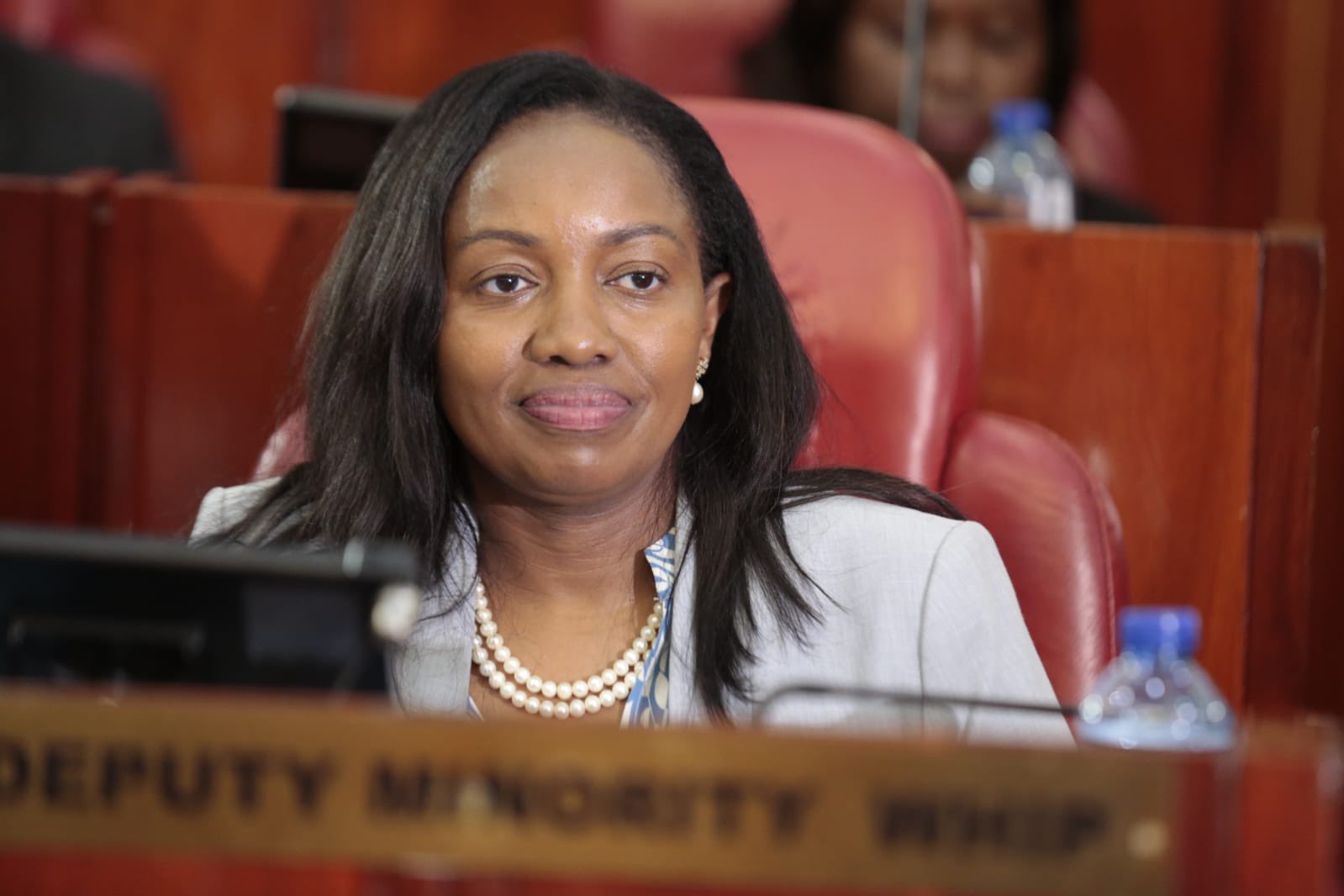Kagwe: You risk jail for defying isolation order
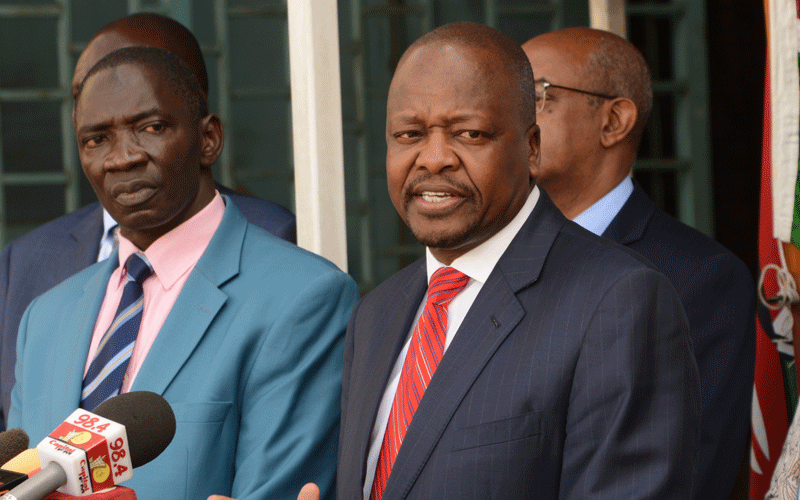
The government yesterday warned that quarantine measures will be mandatory for all people entering the country.
Health Cabinet Secretary Mutahi Kagwe said the visitors will be required to sign a legal document binding them to observe self-isolation rules or proceed to a government holding facility.
Kagwe said that after the Public Health Act was invoked, quarantine was no longer voluntary but a mandatory measure and those violating it risked a jail term.
The minister also warned that there could be a total lockdown if the situation dictates so, even as a fourth person tested positive for coronavirus.
He revealed that the patient, who was tested in Nairobi, had travelled from London on March 8, arriving in Kenya on March 9.
“Tracing persons who may have come into contact with the patient is ongoing,” the CS said.
Kagwe noted that so far, 111 cases had been tested at the country’s laboratories and that tests on 27 people who came into contact with the first patient to test positive in Kenya had turned out negative. Another 20 people are currently isolated and undergoing tests, he said.
Speaking at the ministry of Health headquarters at Afya House where he gave an update of the coronavirus situation in the country, the Minister outlined a number of new measures aimed at streamlining the fight against the outbreak while at the same time ensuring the economy does not grind to a halt.
In a major step aimed at sustaining local businesses, many of which depend on imports from Asia and Europe, the government said cargo ships from China will be allowed into Mombasa as long as they are disinfected at the port of origin.
“Cargo vessels, aircraft or ships can come into the country provided they are disinfected at point of departure and the crew quarantined on arrival,” he directed.
The State also eased the ban on foreigners entering Kenya to allow diplomats visiting the United Nations Gigiri complex and family members of diplomats working and living in Nairobi.
Patient Zero
“In order for the UN headquarters in Kenya to continue operating, diplomats travelling to the UN are also exempted from the travel restrictions but must observe the self-quarantine rule,” the CS said.
On Sunday, President Uhuru Kenyatta said only Kenyan citizens and foreigners with valid residence permits will be allowed entry provided they proceed on self-quarantine or to a government quarantine facility.
The first coronavirus case in Kenya was reported on Friday involving a woman who had returned to the country from the US on March 5 and the information was relayed to the world by the President.
On Sunday, the cases rose to three after two more people tested positive. The two were among 27 people who came into close contact with Kenya’s Patient Zero.
“For the two additional coronavirus cases, a total of 36 of their contacts have been traced and our surveillance team is monitoring them,” the CS said yesterday.
Uhuru had directed that people from countries affected by the Covid-19 virus will not be allowed into the country and also ordered that all learning institutions be closed. He asked government offices to allow employees to work from home.
On his part, Kagwe said tests on the fourth patient had been conducted at the government’s National Influenza Centre laboratory on March 12.
So far, the laboratories at Kemri and the Influenza Centre have tested 111 people.
“Results of the 25 plus an additional 23 other persons who have been tested have all turned negative. All the 23 are from Mbagathi hospital. We have cleared them to self-quarantine at home,” he said.
In a bid to enhance hygiene, the ministry of Water and Sanitation has been directed to put up water points to ensure members of the public wash their hands regularly.
All water companies that had disconnected water to consumers have also been directed to restore supply. “Open those taps. We will talk about the money later,” said the CS.
Kagwe also urged parents to avoid taking children to places like museums.
“If you take your child to places like museums, you have not socially distanced them.
People should avoid congressional meetings including weddings, malls, night clubs, churches, and hospital visits,” he said.
Members of the public have been advised to remain vigilant as the risk of spread is high and are urged to continue taking precautionary measures which include maintaining basic hand and respiratory hygiene, safe food practices, and avoiding close contact with people suffering from acute respiratory infections.
“Anyone showing symptoms of respiratory illness such as fever, coughing, difficulty in breathing and sneezing with a history of recent travel to any of the affected countries is advised to go to the nearest health facility for assessment and prompt management,” the CS said.
Persons with recent history of travel to the affected countries or who have come in close contact with confirmed cases were advised to self- quarantine for 14 days and promptly report to the nearest health facility in case they develop any symptoms of the disease.
